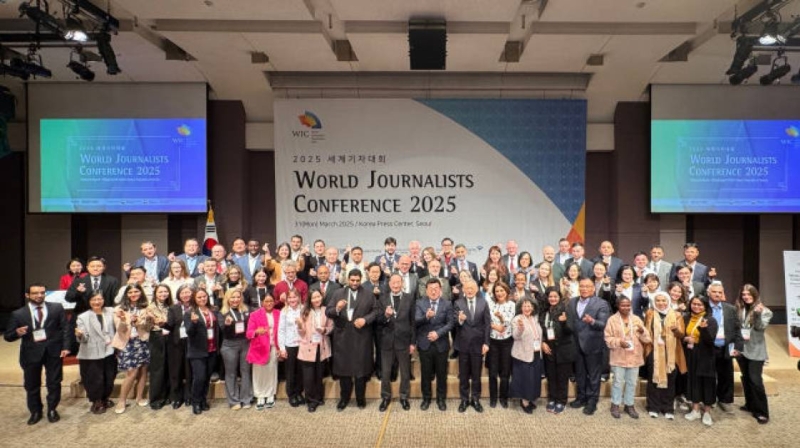TOPICS : This year’s ten most under-reported stories
TOPICS : This year’s ten most under-reported stories
Published: 12:00 am May 04, 2005
Thalif Deen
The late Tarzie Vittachi, a former deputy executive director of the UN children’s agency UNICEF, once recounted the story of an African official who walked into his office for friendly advice on how to get Western media to cover stories having a profound effect on the continent.
“My prime minister is going to address the UN General Assembly on major social and economic issues crucial to the survival of Africa. How can I get the story in to the New York Times,” Vittachi recalled the man said. “Shoot him, and you will get a front-page story,” replied Vittachi, a onetime columnist for ‘Newsweek’ magazine and legendary newspaper editor in his home country of Sri Lanka.
Vittachi’s had long argued that most Western media rarely provided in-depth coverage of issues such as poverty, hunger, maternal mortality, and debilitating diseases plaguing more than two-thirds of the UN’s 191 member states. These issues just weren’t “sexy” enough for most newsrooms, he said.
Shashi Tharoor, UN under-secretary-general for communications and public information, subscribes to a similar point of view. “There is still a tendency for a narrow range of stories to grab the headlines,” Tharoor said Tuesday as he unveiled the UN’s annual list of the world’s 10 most under-reported stories.
The list, released on World Press Freedom Day, highlighted 2004 stories that “the world should hear more about” but were played down by the news media. Tharoor said the stories included: progress towards peace in Somalia; the horrendous problem of obstetric fistula, a tragic blind spot in health care services for women; the humanitarian crisis in northern Uganda; the disarming of former combatants in Sierra Leone; and growth in the number of human rights institutions, with the emergence of more than 100 in recent years.
Also overlooked, he said, were: the scant chances for small farmers in Cameroon and other poor
countries to get a fair price for their produce; Grenada’s struggles to recover from the devastation of Hurricane Ivan, a story forgotten in the wake of the Asian tsunami; continuing violence against women; using development as an effective alternative to warfare to curb illicit drugs; and saving the environment to preserve potential cures for a catalogue of diseases.
“The mainstream media ignore or downplay certain stories for specific reasons,” Tharoor told IPS. “One, because, in the opinion of editors, they don’t sell; two, because they seem too remote to the concerns of the readership, viewership, or listenership; and three, because they aren’t news — i.e., they aren’t sufficiently in the ‘man bites dog’ or ‘if it bleeds, it leads’ categories.”
What sells is highly debatable, he argued, as is the notion that only violence and scandal make for news.
“Why should the Asian tsunami be more newsworthy than the victims of Hurricane Ivan in Grenada? Why isn’t the horror of fistula caused by childbirth of interest to every woman in the world — and every man, too, since we are all produced by childbirth?” he asked. — IPS





